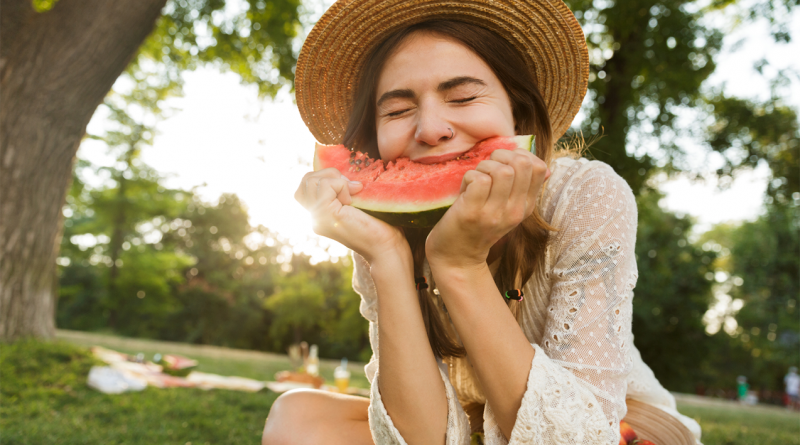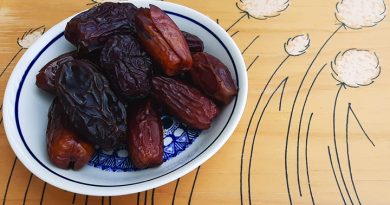Lycopene-rich watermelon a health booster, but buyer beware
By Sari Huhtala
Still guzzling sports drinks? Consider how less than a cup of watermelon provides more electrolytes than a sports drinks like Gatorade, has about 40 per cent more lycopene than raw tomatoes, and even has the potential to lower blood pressure, all while giving you a glowing complexion.
Lycopene, the free radical-fighting antioxidant that gives watermelon its red pigment, can boost heart health by lowering inflammation. A 2012 study in the Journal Hypertension found the L-citrulline and L-arginine, antioxidants in watermelon, reduced ankle and brachial blood pressure in obese middle-aged adults with pre-hypertension or stage one hypertension.
Watermelon, despite being 90 per cent water, is also good source of vitamin C and vitamin A, according to a 2001 study in the International Journal Food Science Technology. Vitamin A, by the way, is known as retinol – for healthy immune function, eye sight and glowing skin.
Despite the fact athletes worldwide claim to trust drinks like Gatorade for hydration, does the human body really need more artificial ingredients and chemicals to function optimally? Two thirds of a cup of watermelon has more electrolytes than a hydrating sports drink. A sports drink has over six times more sugar than watermelon. And, since it’s not fruit sugar either, expect the immune system to take a dive for a few hours after consuming a typical sports drink. Typical watermelon sports drink ingredients include: water, sugar, dextrose, citric acid, sodium citrate, salt, monopotassium phosphate, gum Arabic, natural and artificial flavor, glycerol ester of rosin and red dye 40. Remember, artificial flavours are created using chemicals. Strawberry flavour, alone, is made with 31 chemicals.
When it comes to watermelon, the redder the melon, the better in terms of antioxidants and health benefits.
A word to the wise; farmers in China and U.S. can legally use chemical growth enhancers, like forchlorfenuron, to grow plumper fruit, like watermelon and grapes. Lack of flavour is a sign a fruit or vegetable hasn’t been grown entirely naturally. Forchlorfenuron encourages cell division within the fruit or vegetable, to speed up growth. Flavour is a sign of ripeness, so it makes sense when natural ripening has been diverted, flavour is sacrificed. Large watermelons with whitish flesh and white seeds are also a telltale sign the fruit has been treated with forchlorfenuron.
Exploding watermelons in farmer’s fields in China made the headlines in 2011 after farmers used excessive amounts of the growth enhancer, causing them to burst.
Sari Huhtala is the publisher and editor of Alive and Fit Magazine. She has over 25 years experience in journalism. She is a mother of 3 adult children. She has spent over 20 years navigating a healthy path for her family, one health hack at a time, as a single mom feeding her kids healthy on a shoestring budget. She also has over 15 years experience as a certified fitness specialist and personal trainer, 10 years experience as a reiki practitioner; she studied Shamanism and is currently completing her yoga teacher training certification.




